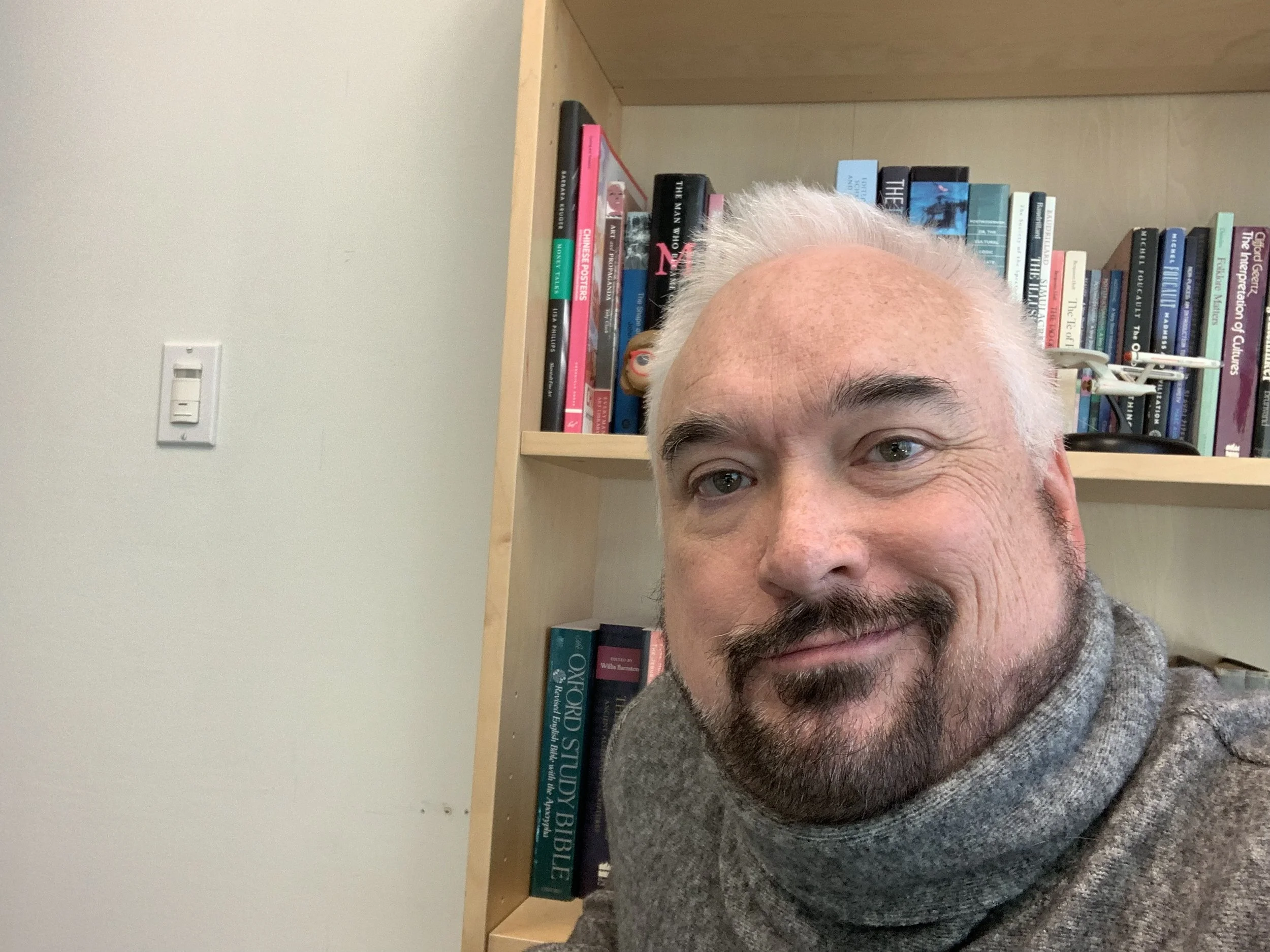Specialization and Accountabilism
/n a previous post, I reflected on the notion of schools as places of doing, rather than temples of the acquisition of knowledge, which is what they have predominately been for the better part of the 20th century. In that post, I shared a quote from Robert Heinlein where he remarked that humans should have diverse capacities and experiences because, “specialization is for insects.” Unfortunately, a lot of what goes on in contemporary education centers on developing specialization when it should be focused on building broad skills applicable across disciplines, types of work and critical questions.
In an article published in the September 2011 edition of Educational Leadership magazine, Phillip C. Schlechty of the Schlechty Center in Louisville, Kentucky shared a term that I hadn’t heard before - accountabilism. This idea speaks directly to the problem of specialization in schools. Schlechty’s article does a good job of articulating a fundamental weakness of the NCLB era...it is focused on too little and what it is focused on it measures in too limited a way. He writes about this framework: “there’s no need to worry about whether students are learning more or whether they can retain what they learn to pass the test. What’s important is to focus on improving test scores - learning will take care of itself.” Heinlein and Castiglione are turning in their graves, and rightly so. As if passing a test tells you everything there is to know about a student and what they’ve learned...as if passing a test is an example of anything that happens in the world outside of schools. Schlechty is right to call this “nonsensical thinking.” Heinlein and Castiglione offer a vision of a young person who, through education and experimentation with young adulthood, is fully capable of shaping a life of rich meaning and purpose. Schlechty argues, correctly, that this is not the accountabilists agenda. He writes, “developing young people who grow up to be men and women who take pride in their work and believe in the intrinsic value of what they do is not on the accountabilists’ agenda.”
Accountabilism begets specialization which in turn begets adults who are less able to function in the world of the 21st century. In many respects, Daniel Pink described the general shape of what that world will need in his book A Whole New Mind. In it he described a world increasingly shaped by the forces of abundance, automation and the rising power of Asia and raised some compelling and troubling questions about the ways in which our focus on precisely what Schlechty and I are concerned about is shaping not just our policy but also our young people.
A whole adult can never emerge from seed planted in the weak soil of NCLB, accountabilism, high-stakes testing and an ever narrowing focus on what a complete education should look like. So where should we start? I refer you back to my previous post and Heinlein’s quote. Perhaps we start there, agreeing that we want our children to develop their full selfhood, personhood and capacity.
